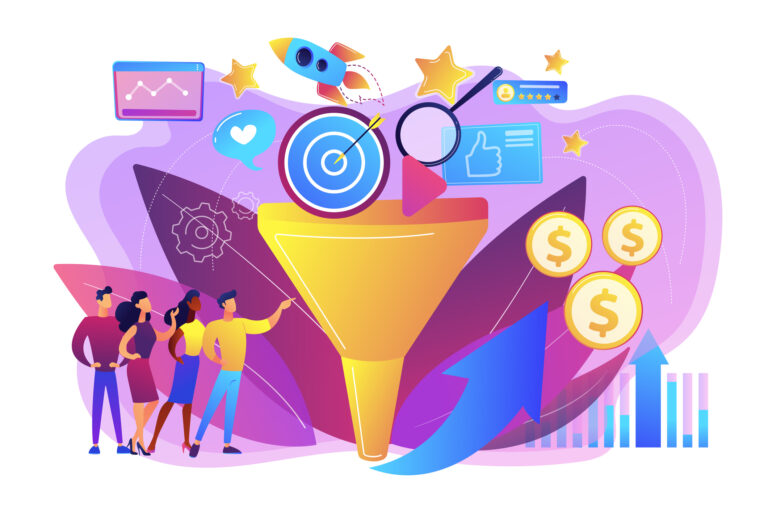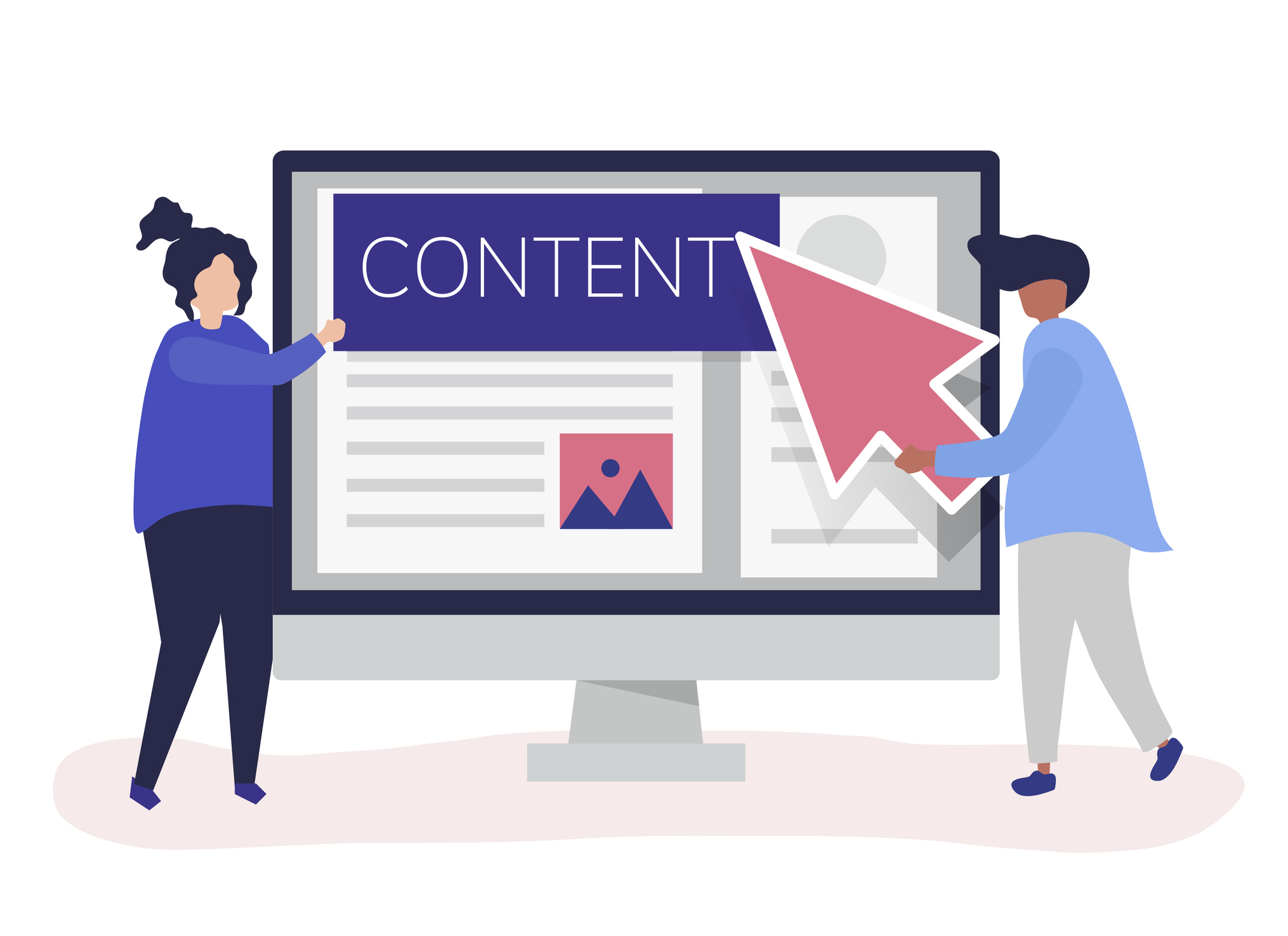Silicon Valley vs. The Tech Giants: A War That's Shaping the Future of Data Privacy and Personalization
There’s a war brewing beneath the surface of the marketing personalization ecosystem. Tech giants like Apple and Google are clashing with Silicon Valley giants like Facebook. But this isn’t about new technology, market share, or government contracts: this war is about privacy. At the recent CPDP virtual event, Tim Cook took a direct shot at Facebook, claiming, “An interconnected ecosystem of companies and data brokers, of purveyors of fake news and peddlers of division, of trackers and hucksters looking to make a quick buck, is more present in our lives than it’s ever been.” He followed by saying, “A social dilemma cannot be allowed to become a social catastrophe.”
This speech was in response to Apple’s latest data privacy update. The AppTracking Transparency Policy update will require advertisers to send users a pop-up before they track their behaviors across the web, and it will hit every iPhone this spring. In retaliation, Facebook launched an advertising campaign against Apple, following it up with a lawsuit. Of course, Apple is also in hot water regarding data privacy — with multiple antitrust lawsuits currently underway in their own house. So, we aren’t saying that Apple is a savior of data privacy or that Facebook is a purely evil data-hogging entity. They both have issues.
Apple isn’t the only big tech company looking to root out data privacy issues. Google recently announced that Chrome will be “cookieless by 2022”, and Firefox’s recent Total Cookie Protection update partially eliminates cookies from the second-most popular browser. Behind this war-of-words, there’s tangible tension regarding data privacy in the current big data landscape. Governments are swiftly enacting data privacy bills like GDPR, CCPA, and LGPD. In fact, there are currently 117 omnibus bills targeting data privacy, with more in the works almost daily. And customers are plain disgusted at how much data about their personal lives is stored away in company databases.
The truth is: Apple and Google aren’t the saviors of privacy. They see the writing on the wall. Data privacy has become one of the most important discussions of this decade. The overzealous use of personal data has led to significant consumer pain points. One in 15 people are subjected to identity theft each year — costing each of them an average of $4,800 to rectify.
To help illustrate why data privacy is such a big deal, and how that privacy clashes with modern personalization campaigns, let’s look at the single most crucial factor: how customers actually feel about data privacy and big data.
How Your Customers Feel About Data Privacy in 2021

Businesses, marketers, and industry leaders have been sold personalization. Customers haven’t. Sixty-nine percent of customers believe that companies collecting their data are vulnerable to cyber attacks, and a mere 25 percent of people actually believe that your business will handle their data responsibly. In fact, less than 10 percent of customers feel they have control over their personal information — while 62 percent believe they can’t go a single data without having their data collected. And, to be entirely honest, they’re not wrong. The sheer number of companies mining for sensitive data and leveraging cookies and pixels is staggering. In an effort to win the personalization wars, companies have turned living, breathing humans into data machines ripe for exploitation.
Here’s the big secret: scaled personalization based on user data rarely even works in the first place. A recent McKinsey survey suggested that a pathetic 15 percent of companies feel their personalization strategy is working. And 41 percent of customers think it’s super-creepy to get a text from a brand or retailer. Thirty-five percent even think it’s terrifying when they see social media ads for products they browsed for on Google. Ready for the kicker? Gartner recently released a new report. Eighty percent of marketers who have invested in personalization will (or already have) abandoned their efforts due to a lack of ROI.
In other words, the modern age of hyper-scale personalization using stealthily-acquired user data is coming to an end. It didn’t even work for most companies. We aren’t saying that personalization isn’t valuable. It is. Eighty percent of customers are more likely to purchase from brands that give them personalized experiences. But we are saying that personalization built on private data doesn’t work. It’s just plain creepy. You don’t need lakes of sensitive data to give users an amazing, built-for-them journey.
Want a cherry on top? The average trust in companies is below 25 percent. But 52 percent of customers will immediately trust a company that doesn’t ask for their personal information. Something was lost in the rush towards hyper-personalization: consumer trust. People are complex beings. And most of them think it’s surreal when they get an ad for a piece of equipment they discussed with their friends yesterday. Yes. Some of them click on that ad. But at what cost? How many people did you turn off of your brand forever during the process? You’ll never know.
Trust, Privacy, and the Future (Past) of Personalization

Personalization doesn’t require troves of personalized data. It never has. You can still send relevant, purpose-driven, and insightful messages, experiences, and content to people without opening up Pandora’s box of oh-so-dangerous private data. In general, we recommend marketers and businesses follow these rules:
- Minimize reliance on cookies, pixels, and data trackers
- Be clear, consistent, and transparent about how data is collected and used
- Provide opt-in and opt-out prompts
- Protect data like it’s your merchandise
- Minimize data collection while maximizing personalization
The last point is, by far, the hardest. How do you maximize personalization without all of that rich data? To be honest, it’s tough. And it’s far more time-consuming than slapping a pixel on an ad and retargeting. You need to build robust buyers’ personas, leverage email and social media automation, craft high-value messages, and navigate through the perils of targeting mistakes.
That’s ok! We’ve done it before. We can do it again. The age-old marketing playbook still works. Sure, tracking, pixels, and the like were all fun and interesting. But most businesses fail hard at personalization, even though they continue to sink liquidity chasing the modern personalization dream.
Take a step back. You don’t have to be the all-seeing eye that watches customers like a hawk. Most customers don’t want Big Brother — regardless of what cherry-picked statistics you may have read. Yes. You can still collect some personal data. But it should be purposeful, directly related to your business, and it definitely shouldn’t come from browsing habits and other non-related consumer behaviors.
The future of personalization is the past. You need to work with savvy marketers to build out robust, holistic, and customer-centric marketing practices, and those practices need to combine both data and proven strategies. By minimizing your use of personal data, you gain an immediate competitive advantage. When this avalanche of data privacy finally beings tumbling, you’ll be prepared to capture market share without the creepy data vault.
Let's Do the Right Thing
At the end of the day, data privacy isn’t about adjusting to new tech updates or following privacy trends; it’s about being an honest business. Would you want someone to collect a bunch of your personal data and horde it to try to sell you stuff? Probably not. Your customers don’t like it either.
There’s a strange disconnect in the modern personalization landscape. We personalize to bring value to customers and build trust. But many of us do so by abusing trust and gathering unnecessary private data. Let’s change the way personalization works.
At BrandSyntax, we believe in honest and transparent marketing practices. We help companies realize amazing campaign ROIs, build incredible brands, and build tangible trust. And we do it without unnecessary “hyper-personalization” campaigns that consume far-too-much personal data. Are you ready to build a brand your customers can trust? Contact us.
Are You Ready To Get Started on a New Marketing Plan?
Are you a B2B software business looking for a specialized agency that keeps its client list small and focused? We create you-centric strategies, and we’re ready to help you create a strategy to help your software stand out this year.






